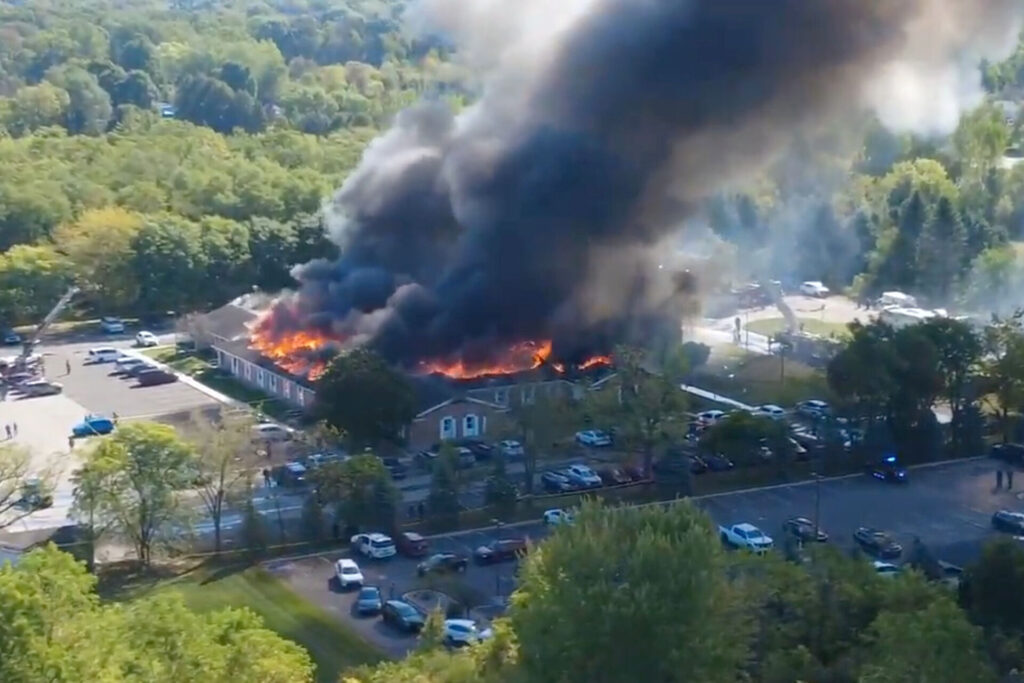Hullinghorst threatens remodel of defects bill

With the major construction defects reform legislation now in the House, the heat is on the speaker of the House to put the bill into something other than the “kill committee.” And that pressure is mounting from both sides of the aisle.
But the House may turn the whole discussion on its head, by introducing its own bills on affordable housing and construction defects, possibly as soon as next week.
The Senate on Tuesday gave final approval to Senate Bill 15-177. It passed 24-11, picking up six Democratic votes along with that of its co-sponsor, Sen. Jessie Ulibarri, D-Westminster, and 18 Republicans.
SB 177 seeks to modify state construction defects laws, first passed in 2001 and amended in 2003, 2007 and 2010. The bill requires homeowners’ associations to go to mediation prior to filing a class-action lawsuit for shoddy construction that results in damages members homes. The HOA board also must notify all unit owners that a lawsuit is being contemplated, along with a disclosure of the projected costs, duration and financial impact of the lawsuit. The board must obtain written consent from a majority of the unit owners prior to filing the claim.
Whether SB 177 gets to the governor now hinges on Speaker of the House Dickey Lee Hullinghorst, D-Boulder. Hullinghorst has said repeatedly she opposes the bill, at one point calling it “terrible” and a “nonstarter.” A month ago, Hullinghorst told reporters that the bill would take away homeowners’ rights. “This is a market issue,” not a construction defects problem, she said. “The impact of construction defects as it relates to builders is highly exaggerated.” But she recently hinted that she may see the bill in a better light if it included language allowing parties to go to trial on construction defects claims.
Ulibarri told The Colorado Statesman this week the Senate tried to amend the bill to make it more workable for Hullinghorst. One amendment, put on the bill on April 10, allows parties to go to trial after arbitration but only if the arbitration service or arbitrator has not followed state law. Parties cannot go to trial if they just don’t like the results, Ulibarri explained.
That may not be enough.
It’s now up to its House co-sponsor, Rep. Jonathan Singer, D-Longmont, to persuade Hullinghorst and other Dems to get on board. Singer isn’t alone in his efforts. Proponents of SB 177 have launched a media campaign, and the governor’s office has become involved.
According to Alan Salazar, chief strategy officer for Gov. John Hickenlooper, the governor has not yet been briefed on all the Senate changes to SB 177. But “he has been playing the role of honest broker to see if there is any potential for a compromise” that could get the bill through the House, Salazar told The Statesman Wednesday.
Those talks include Senate President Bill Cadman, R-Colorado Springs. Through a spokesman, Cadman said Thursday that negotiations are ongoing.
SB 177’s most friendly reception might come from the House Business Affairs and Labor Committee, where at least one Democrat, Alec Garnett, D-Denver, strongly supports it.
“We have to do something to get attainable housing off the ground,” Garnett told The Statesman Wednesday. “By passing this bill we hope to reduce the cost of property liability insurance” and get units of $200,000 to $300,000 into construction. It would “relieve some of the pressure I’m hearing from young professionals, who desperately want to stay in Denver” but are getting priced out of rentals and can’t find anything in that price range to buy, he said.
Several other Democrats told The Statesman they have an open mind about the bill but want to see the Senate version before they commit one way or another. Rep. Paul Rosenthal, D-Denver, said Wednesday he is sympathetic to the goals of the bill. “I understand where the bill is headed. One of the issues that is important to me, is that if it were passed, would it lead to construction of more affordable housing, and that’s not clear to me,” Rosenthal said.
Singer said he believes the caucus is split in thirds, with one-third definitely opposed, another third undecided and the last third either with an open mind or in support.
Singer said he is looking for the direct link to affordable housing that the bill so far lacks. “It’s really started a conversation on both sides of the aisle about the need for affordable housing for our workforce,” Singer told The Statesman this week. Singer is looking for connections such as a direct funding source or incentives for affordable housing development, but acknowledged the bill title may not be broad enough to accommodate those kinds of changes.
The big question, Singer said, is not whether someone goes to trial. He said people can go to trial now on a construction defects claim, but may end up without the defects fixed, and then they’re stuck with a property they can’t fix and can’t sell. “If we can make the argument that there are numerous processes out there other than going to trial,” such as mediation, it counters the argument that going to trial is the most fair process, he explained.
The real onus on the Republican side is that they show they’re serious about cutting down on the regulatory aspects, and on Democrats to show that they’re serious about opening up the affordable housing market. But Singer said that is likely a bigger conversation than what’s in SB 177.
Hullinghorst on Thursday sounded a more conciliatory note. Through a spokesman, she said “there is a legislative way forward to address the broader issue of affordable housing, including construction defects.” The details are being worked out and may be announced next week.
Hullinghorst is likely not referring to SB 177 as the “legislative way forward.” The Statesman has learned that the House is working on its own affordable housing and construction defects bills, which are likely to be introduced in the next week.













